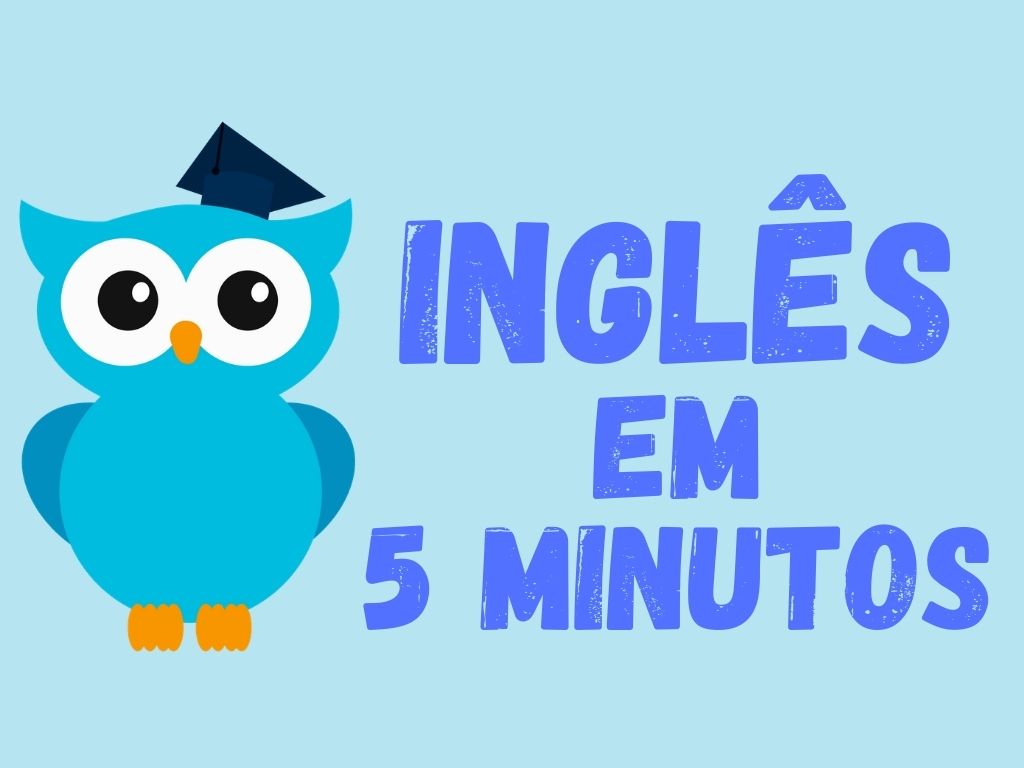I: So, Xabier – how old are you?
X: I’m 21.
I: and I know you have an interesting background, what
nationality are you?
X: Well, I’ve got a British passport…
I: … So you’re British, but your parents – what
nationality are your parents?
X: Well, my dad’s Bolivian, he was born in Bolivia, in
South America, but he’s had a British passport for the last 20 years. My mum
was born in Spain, in the Basque country, and she still has her Spanish
passport.
I: So how did they meet and up having children in
England?
X: Erm… they met when they were both studying English
in England
Erm… and er … about 3 years after that they got
married and here I am, and then my brother.
I: And what was it like growing up in England with a
Spanish mother and a Bolivian father?
X: I don’t think I actually noticed nationality for
years – Erm…. Probably the first time I really noticed a difference was at
secondary school, England were playing Spain in Euro 96 and my classmates made
me choose which country to support.
I: So which country did you support?
X: I stayed neutral. Actually I didn’t mind which team
won.
I: And which nationality do you feel now?
X: I’d say I was English, rather than British – erm…
but I’m also very proud of my parents heritage, half Basque and half Bolivian.
I like that.
I: What contact have you had with your Family abroad?
X: Well, I’ve only actually been to Bolivia once – er
… when I was a baby. I’ve had more contact on my mum’s side. My Spanish
grandparents visit us in England and when I was growing up we always went to
Spain in the summer and …
I: Very nice!
X: … and if I’m at home I speak to them – er… to my
grandparents, on the phone – er …maybe once a week.
I: And do you think that your Spanish heritage has
influenced you at all?
X: Well, yes, I think so. I think it influenced my
degree choice. I’m studying modern languages at Durham University, Spanish and
French. I’m in my 3rd year; I have one more year to do.
I: And what are you hoping to do in the future?
X: Erm - That’s a very good question. Erm … hopefully
a job that offers some kind of opportunity to travel but ultimately I want to
settle down for good in England. I’ve always been interested in my background
but I think that I realize England is my home and it’s where I see myself
living.
I: Thank you very much Xabier.
X: You’re welcome.
I: Então, Xavier - quantos anos você tem?
X: Tenho 21 anos.
I: E eu sei que você tem um histórico
interessante, que nacionalidade você tem?
X: Bem, eu tenho um passaporte
britânico...
I: ... Então você é britânico, mas seus
pais - que nacionalidade são seus pais?
X: Bem, meu pai é boliviano, ele nasceu na
Bolívia, na América do Sul, mas ele tem um passaporte britânico há 20 anos.
Minha mãe nasceu na Espanha, no País Basco, e ainda tem seu passaporte
espanhol.
I: Então, como eles se conheceram e
tiveram filhos na Inglaterra?
X: Erm... eles se conheceram quando ambos
estudavam inglês na Inglaterra
Erm… e er… cerca de 3 anos depois disso
eles se casaram e aqui estou eu, e depois meu irmão.
I: E como foi crescer na Inglaterra com
uma mãe espanhola e um pai boliviano?
X: Eu não acho que realmente notei a
nacionalidade por anos - Erm…. Provavelmente, a primeira vez que eu realmente
notei a diferença foi na escola secundária, a Inglaterra estava jogando contra
a Espanha no Euro 96 e meus colegas me fizeram escolher um país para torcer.
I: E para qual país você torceu?
X: Eu permaneci neutro. Na verdade, eu não
me importava com qual time ganharia.
I: E que nacionalidade você sente que se
encaixa agora?
X: Diria que sou inglês, em vez de
britânico - erm ... mas também tenho muito orgulho da herança de meus pais,
metade basco e metade boliviano. Eu gosto disso.
I: Que contato você teve com sua Família
no exterior?
X: Bem, na verdade só estive na Bolívia
uma vez - er ... quando eu era bebê. Tive mais contato por parte da minha mãe.
Meus avós espanhóis nos visitaram na Inglaterra e quando eu era criança sempre
íamos à Espanha no verão e…
I: Muito bom!
X: ... e se estou em casa, falo com eles -
ou ... Com meus avós, ao telefone - ou ... Talvez uma vez por semana.
I: E você acha que sua herança espanhola o
influenciou de alguma forma?
X: Bem, sim, acho que sim. Acho que
influenciou minha escolha de graduação. Estou estudando línguas modernas na
Durham University, espanhol e francês. Estou no meu terceiro ano; Tenho mais um
ano para fazer.
I: E o que você espera fazer no futuro?
X: Erm - Essa é uma pergunta muito boa.
Erm… espero que um trabalho que ofereça algum tipo de oportunidade para viajar,
mas no final das contas, eu quero me estabelecer para sempre na Inglaterra.
Sempre me interessei pela minha formação, mas acho que sei que a Inglaterra é minha
casa e é onde me vejo morando.
I: Muito obrigado Xabier.
X: De nada.
I: Ana, you’re Spanish, aren’t you?
A: Yes, I am. I’m from Bilbao, in the Basque country.
I: And how long have you lived here in Oxford?
A: Er… 23 years.
I: And how did that happen?
A: Well, I wanted to improve my English so I came to
England, to study. Originally, I came for 6 months but – er… I met my husband –
er… we met at the college – actually we met on the way to the college, in the
street.
I: You met in the street?
A: Yes, it was my first day and I was walking up the
hill to the college and Teo, that’s my husband, was driving up the hill and he
stopped and offered me a lift, which I refused.
I: You refused?
A: Yes, but we ended up in the same class. I went into
the class and there he was.
I: And you husband’s from Bolivia, isn’t he?
A: Yes, he is.
I: So that means you speak same language.
A: Yes, Spanish.
I: So why did you decide to live in England?
A: Well, mainly because my husband had a job here and Erm
– we kind of decided we wanted a place in the middle, between Spain and
Bolivia.
I: A nice idea. And you have two sons.
A: Yes, I do Er … Xabier is 21, nearly 22, and James
is 19.
I: So, what’s it been like for them growing up in
England with parents of different nationality?
A: Well, I think because we live in Oxford, a
cosmopolitan city, they didn’t notice it too much.
I: They are both bilingual presumably?
A: No, not really…
I: Oh.
A: … Because, when they were children, even though we
spoke to them in Spanish they always replied in English.
I: Erm, interesting. Tell me, how much contact has
your family here had with the families in Spain and Bolivia?
A: I think more with my family in Spain because it’s
closer. We always spent summer there – er – 2 or 3 weeks usually.
I: And the Bolivian side?
A: Well, my husband keeps in touch all the time but
his family have never been here.
I: Never?
A: Never. We went to Bolivia once when Xabier was 18
months old. James has never been.
I: So what are the children doing now?
A: Xabier’s at university and James has just finished
school. He’s been working in a restaurant saving money to travel.
I: And what do they want to do in the future?
A: Well, James. He’s going to travel to Bolivia, at last!
Then he’s going to university to study Biology.
I: And Xabier?
A: I think he wants to work in the foreign office.
I: Ana, is it possible to sum up the pros and cons of
bringing up a family in another country to your own?
A: Well, I think in a way it’s good because you can
take the best things from both cultures, but I don’t think my sons will ever
feel 100% English because their parents aren’t English. It’s quite tricky.
I: Ana, você é espanhola, não é?
A: Sim, eu sou. Eu sou de Bilbao, no País
Basco.
I: E há quanto tempo você mora aqui em
Oxford?
A: Er… 23 anos.
I: E como isso aconteceu?
A: Bem, eu queria melhorar meu inglês,
então vim para a Inglaterra para estudar. Originalmente, eu vim por 6 meses,
mas - er ... conheci meu marido - er ... nos conhecemos na faculdade - na
verdade nos conhecemos no caminho para a faculdade, na rua.
I: Vocês se conheceram na rua?
A: Sim, era meu primeiro dia e eu estava
subindo a colina para a faculdade e Téo, esse é meu marido, estava subindo a
colina e ele parou e me ofereceu uma carona, que eu recusei.
I: Você recusou?
A: Sim, mas acabamos na mesma turma.
Entrei na sala e lá estava ele.
I: E seu marido é da Bolívia, não é?
A: Sim, ele é.
I: Então isso significa que vocês falam a
mesma língua.
A: Sim, espanhol.
I: Então, por que você decidiu morar na
Inglaterra?
A: Bem, principalmente porque meu marido
tinha um emprego aqui e Hmm - nós meio que decidimos que queríamos um lugar no
meio, entre a Espanha e a Bolívia.
I: Uma boa ideia. E você tem dois filhos.
A: Sim, eu tenho. Er… Xabier tem 21, quase
22, e James tem 19.
I: Então, como foi para eles crescer na
Inglaterra com pais de diferentes nacionalidades?
A: Bem, acho que porque vivemos em Oxford,
uma cidade cosmopolita, eles não notaram muito.
I: Ambos são bilíngües, presumivelmente?
A: Não, na verdade não...
I: Oh.
A: … Porque, quando eram crianças, embora
falássemos em espanhol, sempre respondiam em inglês.
I: Erm, interessante. Diga-me, quanto
contato sua família aqui teve com as famílias da Espanha e da Bolívia?
A: Eu penso que mais com minha família na
Espanha porque é mais perto. Sempre passamos o verão lá - er - normalmente 2 ou
3 semanas.
I: E o lado boliviano?
A: Bem, meu marido mantém contato o tempo
todo, mas sua família nunca esteve aqui.
I: Nunca?
A: Nunca. Fomos à Bolívia uma vez quando
Xabier tinha 18 meses. James nunca foi.
I: Então, o que as crianças estão fazendo
agora?
A: Xabier está na universidade e James
acabou de terminar a escola. Ele está trabalhando em um restaurante,
economizando dinheiro para viajar.
I: E o que eles querem fazer no futuro?
A: Bem, James vai viajar para a Bolívia,
finalmente! E então ele vai para a universidade para estudar Biologia.
I: E Xabier?
A: Acho que ele quer trabalhar em um
escritório estrangeiro.
I: Ana, é possível resumir os prós e os
contras de criar uma família de outro país?
A: Bem, eu acho que de certa forma é bom
porque você pode tirar às melhores coisas de ambas as culturas, mas eu não acho
que meus filhos se sentirão 100% ingleses porque seus pais não são ingleses. É
bastante complicado.

